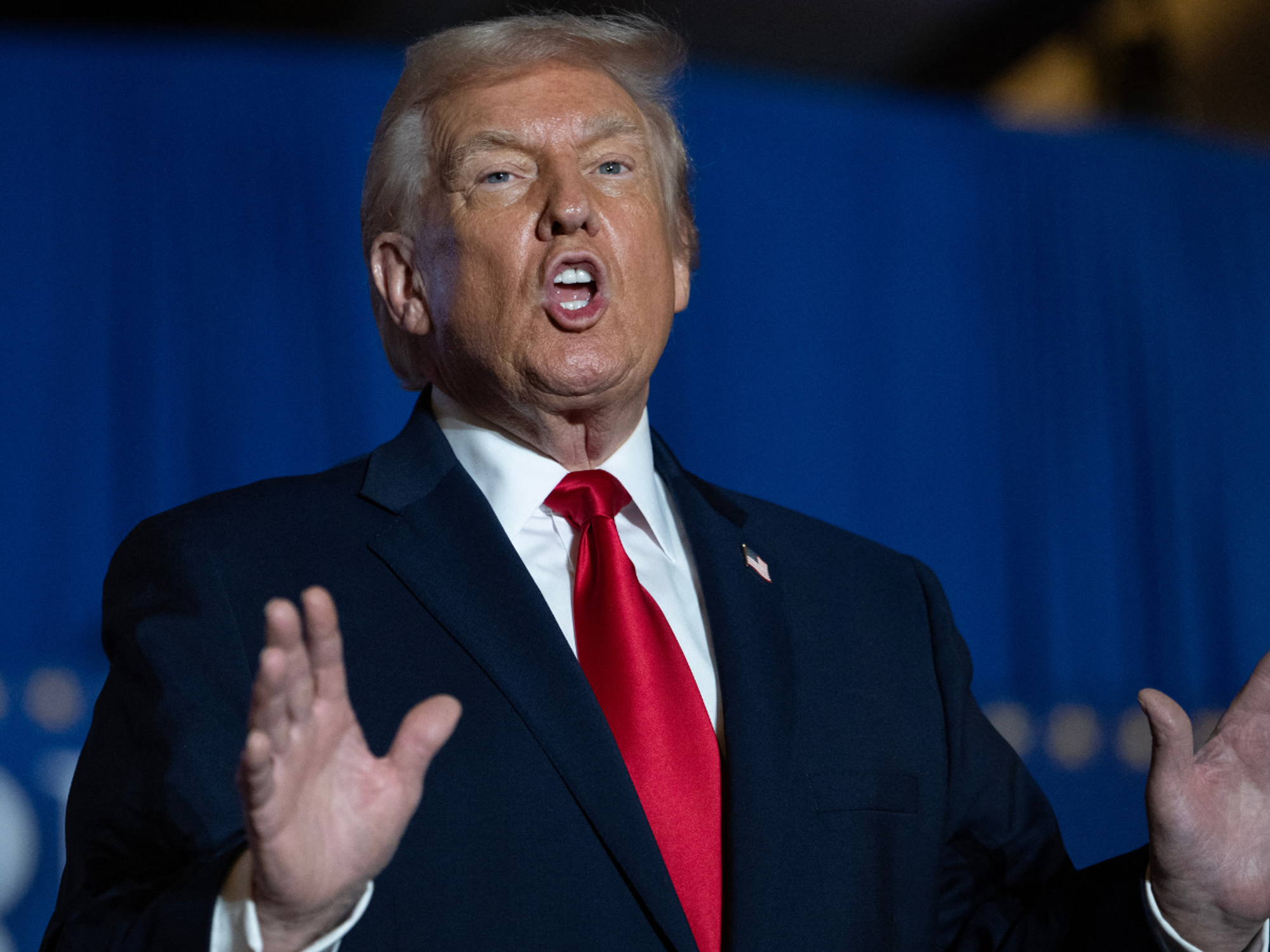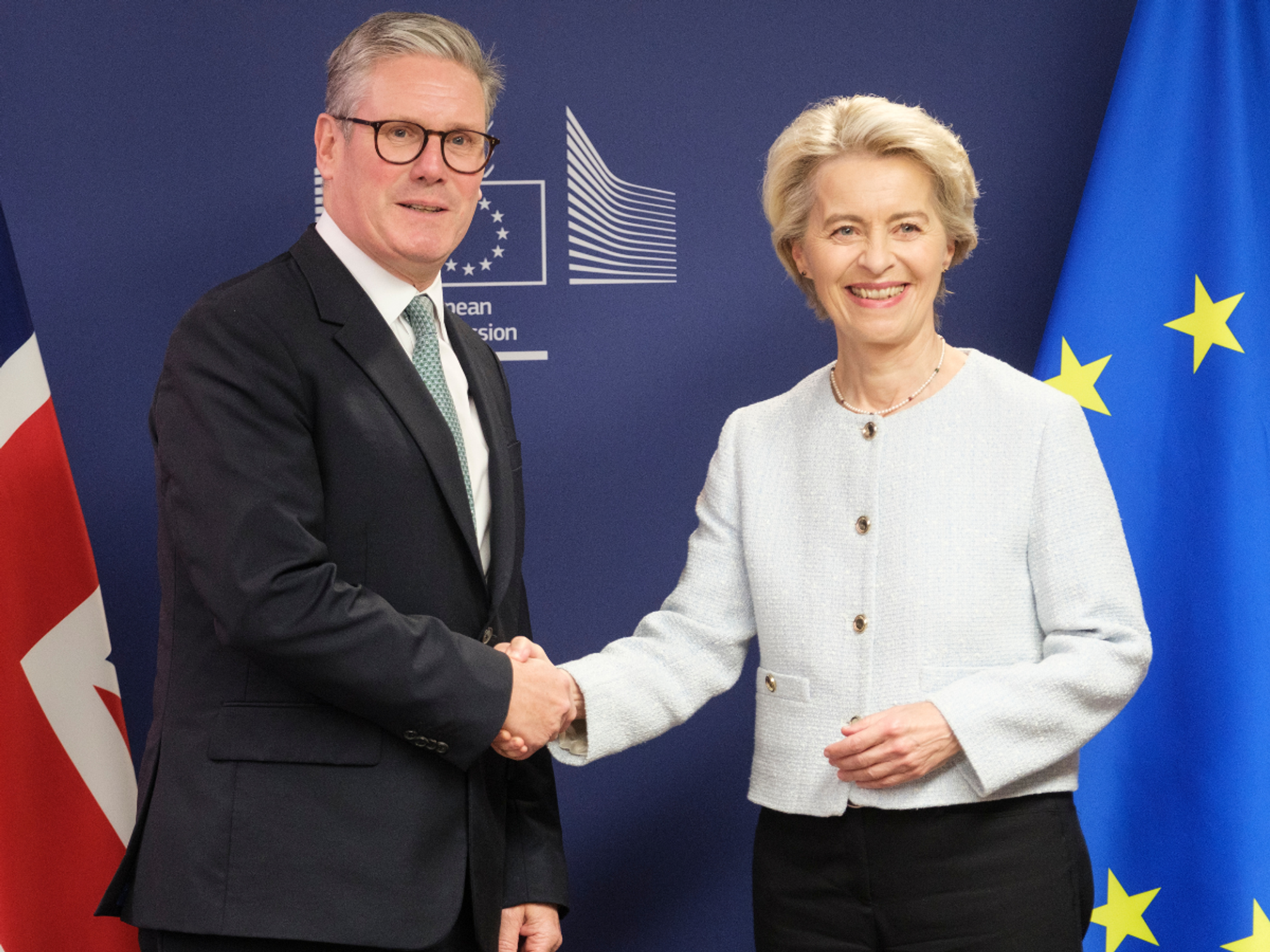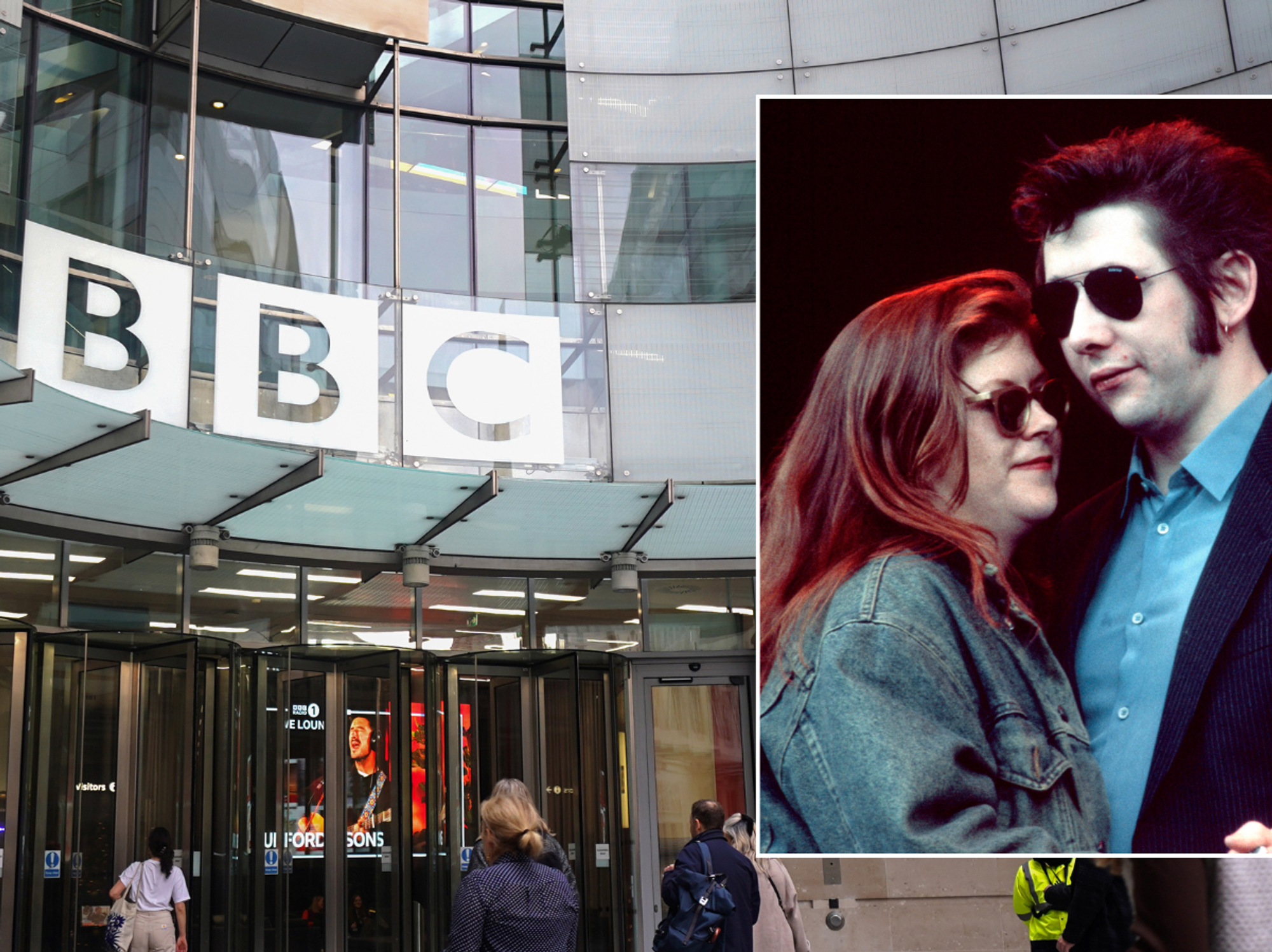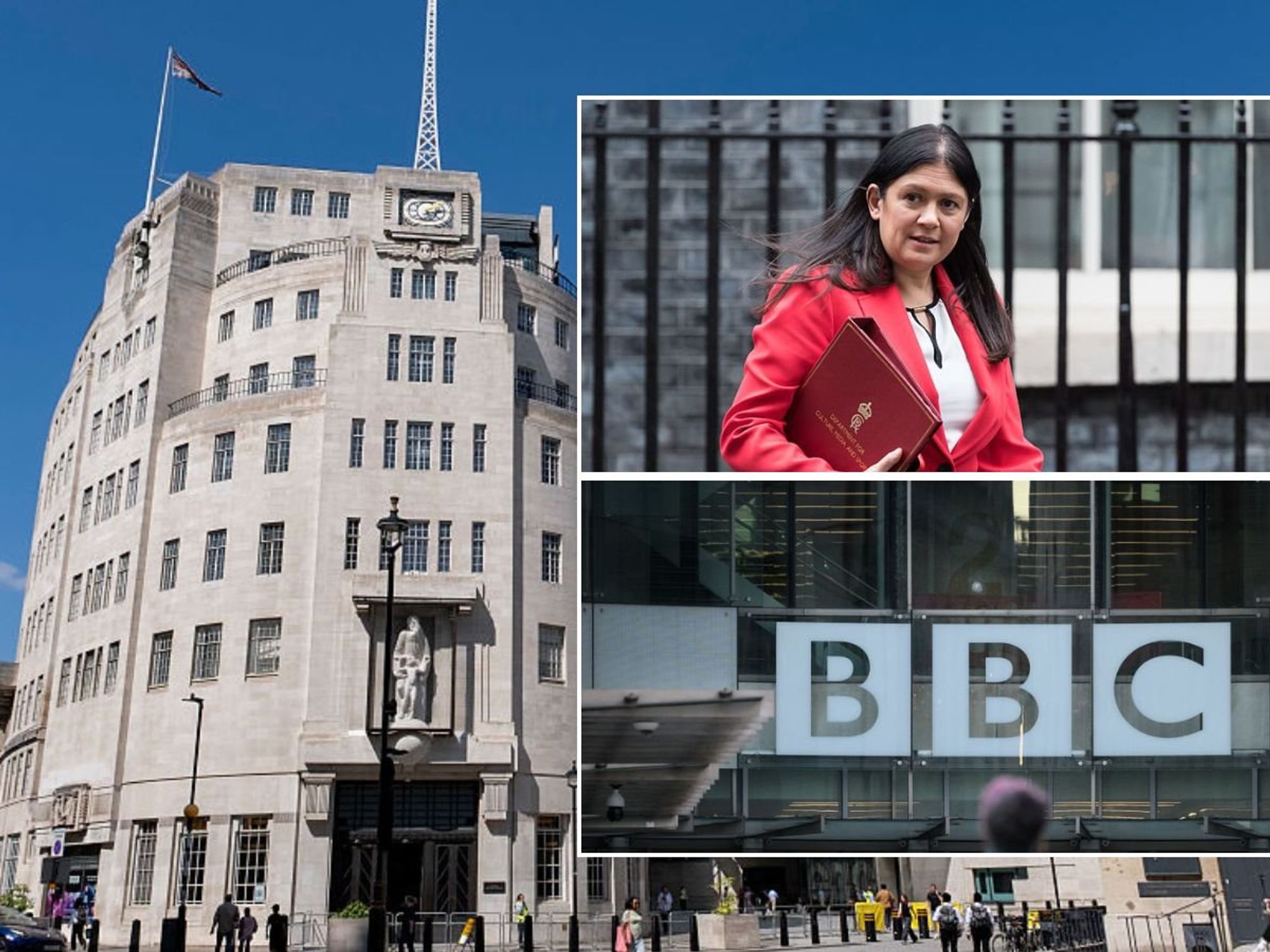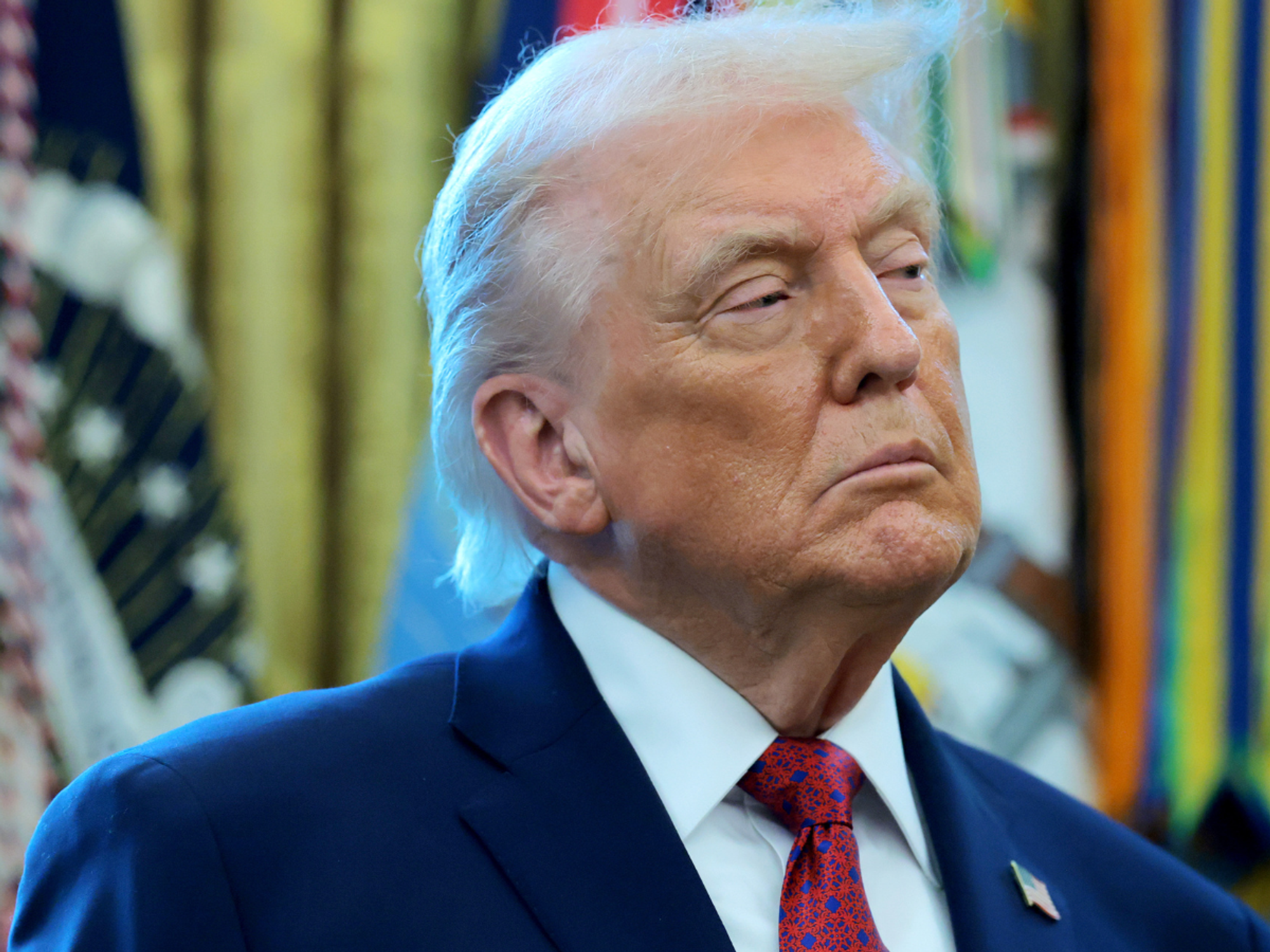Mark Dolan: Enough with school sports days where everyone gets a trophy - life’s not like that and neither should school
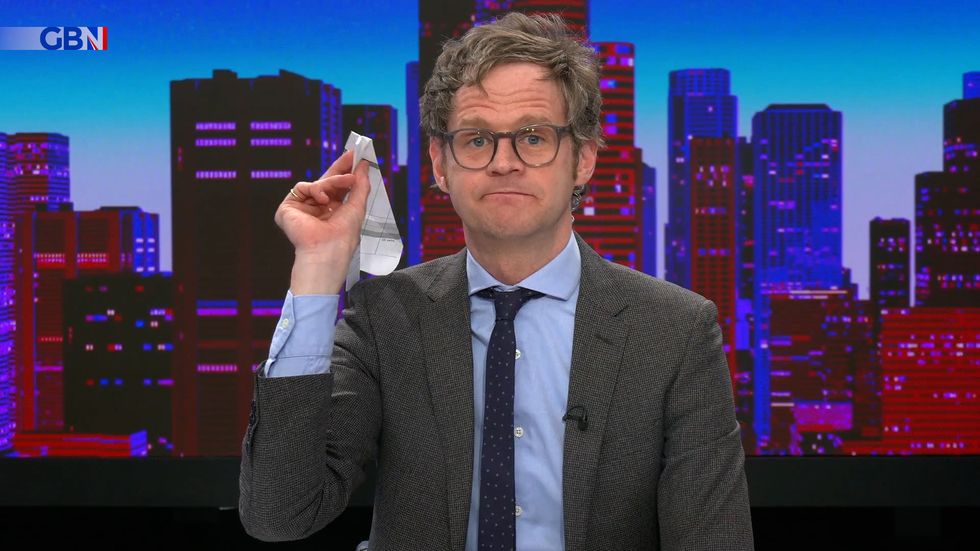
None

By Mark Dolan
Published: 26/03/2022
- 21:17Updated: 14/02/2023
- 11:15It's only with successful, competitive schools that we will have successful, competitive kids and a successful, competitive country
Don't Miss
Most Read
Let’s talk about our brilliant kids shall we? There is pressure on the government to lift the ban on creating new grammar schools.
The Telegraph newspaper report that Grammar schools are to be protected in a new White Paper as MPs call for selective school pilots in Red Wall seats. It came after the Government announced that several areas in the north of England could bid for extra funding to set up selective state sixth-form colleges for highly academic pupils.
Now ministers are being urged to go further and lift what’s been called an “absurd” ban on setting up new grammar schools.
So what is a grammar school? A grammar school is a state secondary school that selects its pupils by means of an examination taken by children at age 11, known as the "11-plus".
These fantastic state schools have been the bedrock of Britain's academic excellence for over a century. Why? Because they are about merit.
Grammar and other selective schools are based on the idea that whilst every child is special and has his or her own talents, they are not made equal.
You've got your scientists, your mathematicians, you've got your sporty types, your artists and a few work shy ne'er-do-wells like I was, for whom there isn't much hope.
Grammar schools are based on the idea, that whilst every child is equal, their abilities are not. Grammar schools and other institutions that are based on selection, allowing brighter kids to work together, undistracted by the bozo at the back, lobbing paper aeroplanes
Like this one. These grammar school children, from diverse backgrounds, all ethnicities, religions, rich and poor, are united in the common endeavour of pursuing excellence and making the best of their great talents.
That's what any successful business does of course. It carefully selects its staff based upon ability. Surely schools should do that too.
The glorious legacy of grammar schools is a long one and notable figures who have been to these elite state schools include Sir David Attenborough, Edwina Currie, Michael Portillo, Sir Elton John, James Dyson, Kenneth Clarke and Margaret Thatcher.
Thatcher once said:
“People from my sort of background needed grammar schools to compete with children from privileged homes like Shirley Williams and Anthony Wedgwood Benn.”
Grammar and other highly selective schools, which are the norm in Germany, are beacons of diversity, aspiration and social mobility.
They take some of the poorest and most deprived kids and fast track them to Oxford and Cambridge, and ultimately fulfilled, productive lives.
The alternative is an equality-based model in which there is no selection, and all kids are bundled together in one classroom irrespective of their abilities or motivation.
This is a huge distraction for those brighter kids, who are keen to learn, because behaviour is one of the greatest impediments to learning. And sadly any classroom is only as good as its weakest student.
How can these youngsters race ahead with challenging work when other students can't learn or won't learn. It's like spinning plates for our amazing teachers, who have the impossible task of challenging and stimulating bright students, whilst supporting those who are struggling. That can't be done to any satisfactory extent.
It's a compromise and the kids suffer. Life is not fair, life is not equal and you can't enforce that on humanity. Look to any Communist regime to see how that works in practice.
It's true for the economy and society and it’s true for education too. I believe that every child should be granted the opportunities with which to fulfil their talents, including students less academically strong.
Non-selective schools shouldn't become places where less academic kids are left to fend for themselves. Far from it. Many kids that weren't academic strong have gone on to become some the most important figures this country has ever seen.
Jeremy Clarkson and my dear pal Christine Hamilton were even expelled from school. And they turned out alright.
So thriving academically is not always a guarantee of future success, and failure academically is not always a guarantee of a diminished life.
But children are naturally competitive, which is why we should have more selection not less and more hot competition for places in the best schools, based around ability, not the family’s ability to move closer to where the best schools are. It's astonishing to think that Margaret Thatcher was condemned for introducing school league tables in the 80s.
Teachers unions pushed back on this, perhaps unsurprisingly. But league tables simply involved publishing and compiling exam results, so the parents could choose which school to send their kids.
That parental choice must be amplified across the board. And it's ok in fact it's good for schools to be accountable for the work they do.
After all the taxpayer forks out almost £7000 a year for every secondary school pupil. Recently on the show I spoke to the founder of a private school in the north of England which is charging parents three grand a year. It might be interesting if parents had that choice too.
More selective state schools would give the private sector a run for their money. Why should only rich kids have access to elite schools?
I want that for all of our brightest, academically gifted kids. But either way, schools have to be open to healthy competition must be a true meritocracy.
Enough already with the school sports days where it’s the “taking part that matters” and everyone gets a trophy. Do me a favour.
Life’s not like that and neither should school be.
It's only with successful, competitive schools that we will have successful, competitive kids and a successful, competitive country.
If the government is successful in bringing back grammar schools and creating many more selective schools, they will get an A star for me.
For our brightest kids, the sky’s the limit.





